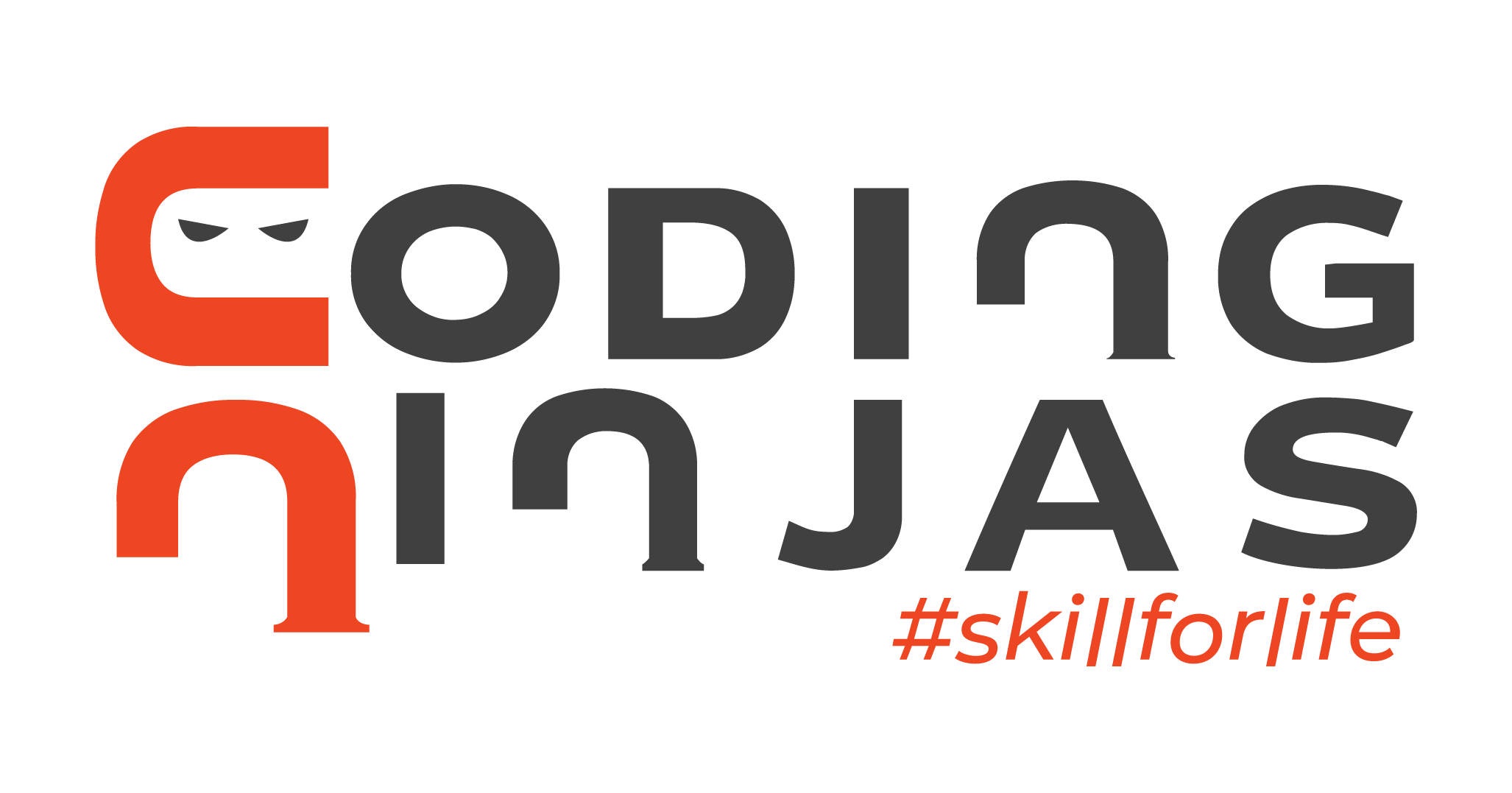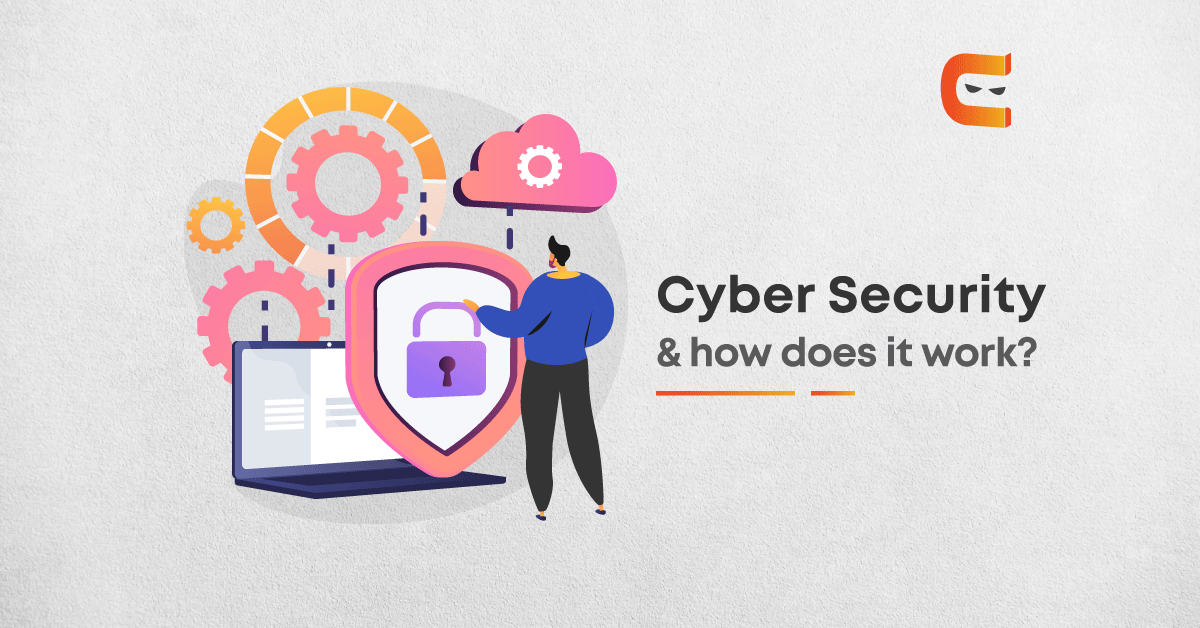Table of Contents
Introduction
In this era of computing where companies and individuals are heavily dependent on digital assets and digital services or devices, especially with the advent of the cloud, more and more information is out there, which means they are not in-site or in in-house systems and are exposed to cyber-attacks and hackers.
This compromises both personal information and company data as well, potentially leading to leaks, blackmail by keeping company data hostage and misuse of information. With growing Cyber Security concerns, careers in this field are becoming quite desirable with the dire need for Cyber Security experts.
It is the wall separating both companies and us from these digital attacks and hackers. It is the practice of reinforcing the security of exposed systems and sensitive data from cyber-attacks. The International Data Corporation has forecasted Cyber Security spending to reach an enormous $133.7 billion globally by 2022.
By using Cyber Security, we are able to secure networks, applications, domains, the cloud, systems both from internal and external attacks. Regardless of corporate or personal situations, most of the threats are internal which leads to data being compromised.
Prep Up for Your Dream Job with Coding Ninjas Premium Courses.
However, a huge chunk of threats to organisations is arranged or funded by competitors, hacker groups who want to hold data hostage and by enemies of the organisation. This article will cover the different types of Cyber Security measures that companies can take and how they can benefit from them. Let’s take a dive into the world of Cyber Security and learn about Cyber threats.
What Is Cyber Security?
Cyber Security, IT Security or Computer Security is the securing of networks, computers and data through digital and hardware means to avoid data theft, data compromises and any disruptions to their services or internal processes. It also helps to figure out functional problems, bugs, glitches and errors in the system or service, which can lead to hackers or penetrators taking advantage of the said compromising factor and trespass into confidential systems or sensitive data.
Image Soure: Arget hosted at Unsplash
Eight Cyber Security Enforcement Measures
Here are the eight different Cyber Security Systems that can protect organisations from data theft, data loss and damage to digital assets or services.
- Cloud security: With most of the company data and services being hosted over in-house or external servers, a lot of sensitive data is out there in the cloud. Hence, the cloud should be protected and secured. Cloud Security encrypts cloud data when static as well as when in motion or in a state of being used and transferred. This protects confidential information, customer privacy, business assets and ensures that regulatory standards and compliance is being met.
- Network security: A lot of breaches are network breaches that involve hackers jacking the wired or wireless networks and then gaining access to data. Hackers can also closely observe and tap into all the services, which are being used on the network. Network Security consists of securing networks, both wired, LAN and Wi-Fi networks, which are used on company premises and even externally when company data is involved.
- Information security: Information Security consists of protecting customer and company data from hackers and prying eyes. There are various regulatory standards such as ISO/IEC 27001:2013 and GDPR or the General Data Protection Regulation, which ensure that Information protection measures are being taken when companies handle data of people and sensitive situations.
- Operational security: This involves taking physical measures to ensure that employees take precautions when accessing company offices and systems. This also ensures that stored data is secured and measures are taken during data accessing and sharing. This compromises adding procedures and permissions to restrict data assets and networks.
- Application security: This ensures that applications that operate inside the premises and portals are reinforced with security since the design stage is secured and protected. This adds security measures like how data is handled and how users are authenticated.
- Critical infrastructure security: This deals with securing systems, machines, networks and other digital assets that governments or society depends upon for economy, National security, public safety, health, and other important fields.
- Educating end-users: Organisations must educate end-users and employees about end-point security measures and precautionary measures to remove compromising factors from the user end. For instance, organizations can offer modules and compulsory Cyber Security or awareness training and request users to report and not respond to suspicious links and attachments over emails. They can also ask employees to not use unauthorized hardware such as pen drives and mobile phones when accessing company systems.
- Disaster recovery and backup management: This involves tools and precautionary methods, which ensure that data is backed up and can be recovered when experiencing cyber threats or disruption of services due to malicious hackers. This ensures that services can keep functioning and there is minimal loss of data.
Get all your answers How to Prepare for Campus Placement during COVID-19?
Benefits Of Cyber Security
Data breaches cause a huge cost to be incurred by the companies to compensate, discover and respond to the breach. The loss during downtime and recovery is extensive and there is also reputational harm done that lingers for years.
Other than these, there are massive amounts of data loss and damage, which are even worse. Data loss and damage to digital assets cause a huge setback for organizations and can take years to recover unless proper recovery plans or backup were not set in place priorly.
Here are some benefits of Cyber Security:
- Data and information protection from theft.
- Customer or client satisfaction.
- Data protected from damage and loss.
- Ability to recover data if needed.
- Removal of compromising factors.
- Discovering potential threats and removing bugs or glitches.
- Secure networks and communications channels.
- Secured cloud environment and stable services.
- Peace of mind for both employees and stakeholders.
What Are Some Cyber Security Threats?
Here are some Cyber Security Concerns and threats faced by organisations and corporations when conducting operations and storing data using technology.
1. Hacker groups or single hackers who wish to extort money from companies through blackmail and other extortion methods. They do this by holding sensitive or confidential data hostage and threaten to damage or leak digital assets.
2. Politically motivated cyber-attacks and unethical information acquiring practices.
3. Cyber-terrorism is a modern threat that is geared towards causing the destruction of data or causing panic and stress. Cyber-terrorism is intended to cause fear and is also done by threatening organisations for reasons that will benefit the criminal parties involved.
4. Internal employees who are planning to sell company information or data to competitors and other black-market sources. This also involves corporate spies and turn-coats who steal corporate data from organisations for the benefit of another organisation or monetary benefits.
5. Competitors and enemies trying to gain access over systems and networks to damage assets and reputation. This is done in order to bring down the competition and to rule over markets or industries and fields they serve in.
There are many malware such as Dridex and Emotet, which are capable of stealing confidential information and data from systems after infecting them through various means. Here are some unethical and malicious means and methods of gaining access to confidential data and damaging systems or services.
- Malware such as viruses, spyware, Trojans and Ransomware: These malicious software and programmes are created to damage or take over computers and infect them.
- Through SQL Injections: These are cyber-attacks on databases through exploiting vulnerabilities in data-centric applications and processes by insertion of malicious codes into a database using SQL statements.
- Phishing: It is the stealing of sensitive credentials and information through exploiting and fooling employees to give up the information on their own via fraudulent emails or links.
- Man-in-the-middle attacks: These cyber-threats are interceptions between communication channels in order to find our sensitive information or steal data. This can happen over specialised networks or even Wi-Fi.
- Denial-of-service attacks: These prevent computer systems from functioning and render the systems useless by attacking the networks, computers and traffic. This is more focused on completely destroying data rather than stealing data.
Languages one can learn to build a career in Cyber Security
There are many languages which budding Cyber Security enthusiasts can learn which can help protect digital assets in cyberspace. There are many ways hackers can get in, from the server-end, client-end, user-end, by taking advantage of the hardware and from the networking-end, programming languages help Cyber Security experts beat the hackers in their own game by allowing them to secure all these loose ends. Here are some of the languages which serve the personnel well in Careers.
- Python: It helps Cyber Security experts in performing malware analysis, creating intrusion detection systems, and sending TCP packets to systems while minimizing the general reliance on external toolkits. Pythons allow users to discover vulnerabilities in the digital asset and assists in fixing the flaws inside systems, services, and applications.
- JavaScript: It allows hackers to manipulate websites or web applications from the client-side and user-end through methods such as cross-site scripting involving the implantation of malicious code and manipulation of the script or flaws inside the pre-existing code of the target. Cyber Security experts must know JavaScript to tackle these types of attacks.
- PHP: It allows Cyber Security personnel to secure websites and web applications from attacks such as DoS (Denial of Service) attacks that render web applications or websites unavailable to end-users. PHP alongside JavaScript serves as the complete package to secure the online assets of organizations.
- C or C++: These are fundamental languages that a Cyber Security expert must know. These are foundational languages that allow users to access lower-level IT architecture such as system and networking processes, which can be manipulated by hackers if not secured. These languages help individuals protect hardware assets as well.
- SQL: Hackers take advantage of SQL to damage or to extract data from databases and from digital assets through methods such as a SQL injection attack which manipulates SQL to assist in the modification or alteration of databases or data. Learning SQL allows Cyber Security professionals to identify the vulnerabilities inside a company’s databases or in SQL which allows the database to be compromised.
Future of Cyber Security
It is highly in demand with the global threat in the digital world increasing exponentially at a rising pace. With more data thefts and breaches occurring every year, Cyber Security careers are quite promising. Risk-based Security has reported that more than 7.9 billion records have been hacked into in 2019 alone, which is double of 2018, which was 112% lower.
The total loss experienced by these companies in 2020 is incomprehensible and can definitely be decreased with effective Cyber Security measures. IT companies, financial services, retailers, governments and medical services experience the highest amount of breaches and are hence in dire need of Cyber Security professionals or experts.
Cyber Security careers are growing more promising with increased prospects and opportunities in this sector. Effective and skilled Cyber Security personnel are highly in demand among these organisations and talented human assets are in immediate need and their demand will only keep increasing in the following years.
Frequently Asked Questions
Cyber Security is the act of protecting networks, computers and other digital assets through various measures, which involve securing computers, networks and data.
The various types of Cyber Security that individuals have to work with are Information Security, Cloud Security, Network Security, Critical Infrastructure Security, Application Security and Operational Security.
Cyber Security experts must be trained in either white-hat hacking or Cyber Security measures in general. Respectable white-hat hacking and Cyber Security certifications and training are recommended in order to secure good Cyber Security careers.
Yes, Cyber Security careers are incredibly promising and offer many opportunities ahead. This field has a lot of demand and can see individuals getting a lot of growth in their respective specialisations or fields within Cyber Security.
Information security governance is the management of business strategies, crucial data, business objects and compliance with regulatory or industry standards throughout the business and information-related activities.
Data governance ensures that valuable data assets are managed securely and with precautions being taken. This results in data being protected and business processes, business decisions and financial data not getting affected.
Malware is malicious software or programs, which can be used to cause damage to computers or steal data from systems. They are made by hackers, competitors and other criminals.
The main Cyber Security concern originates from the fear of losing data or services being damaged. This can set companies back immensely and also incur huge amounts of losses. Another huge concern is hacking and hacker groups that continuously target organisations to gain access to confidential data.
Some great examples of Cyber Security careers are white-hat hacking, which involves ensuring the company infrastructure is safe and not susceptible to hacking. This also involves discovering bugs and glitches, which might compromise the structural integrity and security of the systems.
Another great example of Cyber Security careers is in Research and Development, where individuals are tasked with upgrading systems and creating better security solutions. This also involves working with potential threats and discovering existing concerns.
Key Takeaways
Cyber Security is crucial and holds a lot of importance for large and small corporations alike. It is a great field to invest time in and Cyber Security careers have a lot of potential now and in the future. The risks that these companies and the data faces are known and can be discovered, even though the risks are ever-expanding with new vulnerabilities and malware being discovered.
Most of the successful attacks are due to the negligence of employees, vendors or contractors who assist data breaches unintentionally. However, it is up to the organisations to upgrade and reinforce security and take better security measures with growing concerns of cyber-attacks.
Cyber threats exist everywhere including government, public and private sectors and can affect supply chains, services, company or client data and even the personal information of users or consumers.















Leave a Reply